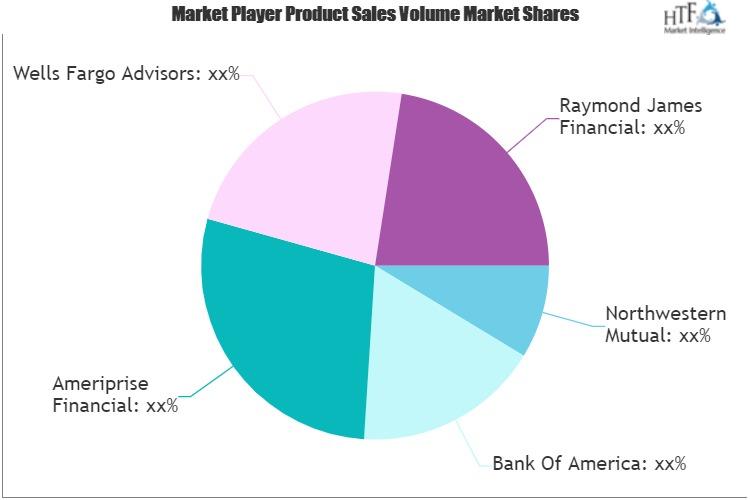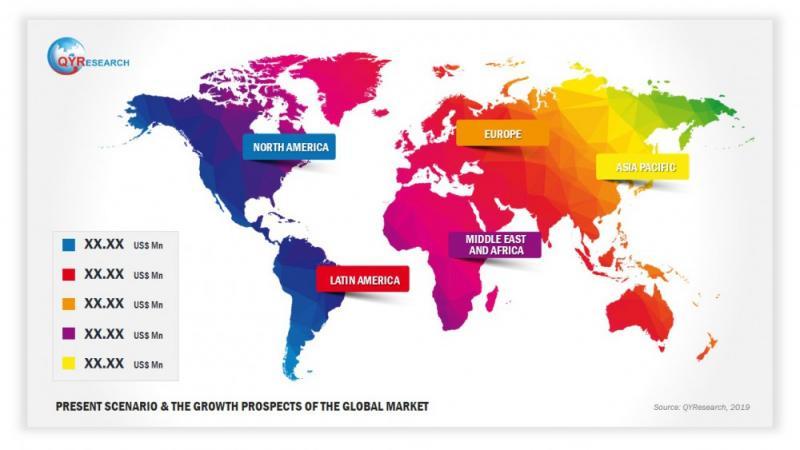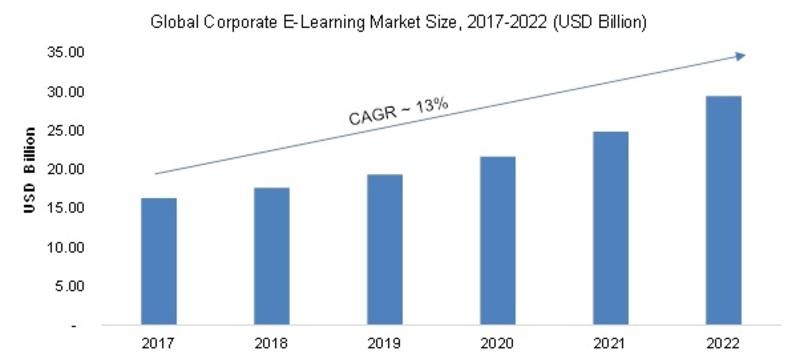Press release
Mutual Funds or Index Funds: Understanding the Fundamental Differences
Mutual Funds or Index Funds -
Understanding the fundamental differences between mutual funds and index funds, including how they are managed, their fees, and their investment strategies. Investing in the stock market has become an essential part of wealth creation. While there are many ways to invest in the stock market, mutual funds and index funds are two of the most popular options.
Both of these investment vehicles offer their own set of advantages and disadvantages. In this article, we will discuss the difference between index funds and mutual funds.
What is a Mutual Fund?
A mutual fund is a type of investment vehicle that pools money from various investors to purchase a diverse range of stocks, bonds, and other securities. Mutual funds are managed by professional fund managers who invest the pooled money in different securities based on the fund's objective.
Key Characteristics of Mutual Funds:
Some of the key characteristics of mutual funds include diversification, professional management, liquidity, and low minimum investment requirements. Diversification means that your money is spread across various securities, which reduces the risk of loss. Professional management ensures that your money is being invested by experts who have years of experience in the industry. Liquidity means that you can buy or sell mutual fund units at any time during market hours, and low minimum investment requirements mean that you don't need a large amount of money to begin investing in mutual funds.
Pros & Cons of Mutual Funds:
The pros of investing in mutual funds include diversification, professional management, liquidity, ease of investing, and tax benefits. The cons of investing in mutual funds are only they are volatile however MF are less volatile than direct stock which anyone can purchase from exchanges.
Invest smarter, faster and easier with Imperial Money mobile app - https://www.imperialfin.com/mutual-fund-investment-app/
What is an Index Fund?
An index fund is a type of mutual fund that invests in a specific market index, such as the S&P 500 or it will be having other index too like momentum or Nifty next 50 likewise
The objective of an index fund is to track the performance of the underlying index. Index funds are passively managed, which means that they don't require active management by a fund manager.
Pros & Cons of Index Funds:
The pros of investing in index funds include low fees, low portfolio turnover, tax efficiency, and diversification. The cons of investing in index funds includes lower returns compared to actively managed funds, lack of flexibility, and limited exposure to certain sectors.
Major Differences between Index Funds and Mutual Funds:
The five major differences between index funds and mutual funds are:
Management Style: Mutual funds are actively managed, while index funds are passively managed.
Fees: Index funds charge lower fees than mutual funds.
Diversification: Both index funds and mutual funds offer diversification, but index funds offer broader diversification due to their passive management style.
Performance: Actively managed mutual funds may outperform index funds.
Investment Style: Mutual funds offer more flexibility and customization options, while index funds have limited exposure to specific sectors.
Investing in Index Funds or Mutual Funds:
The decision to invest in an index fund or mutual fund ultimately depends on your investment objectives, risk tolerance, and investment style. If you're looking for low fees, broad diversification, and a hands-off approach, index funds may be the better choice. If you're looking for more control over your investments and are willing to pay higher fees, mutual funds may be a better fit.
Conclusion -
Both index funds and mutual funds are excellent investment vehicles that offer different benefits and drawbacks. We believe when it comes with large cap or blue-chip funds you can think on the index funds. When you want to have an exposure based on the valuation gap, you can think about the sector or segment funds even when it comes with small and mid-cap, the business opportunity are immense which index funds may not cover those business model most of the time so, that time Active funds are more relevant for the investing via mutual funds.
Choosing between the two depends on your investment goals, risk tolerance, and investment style. Ultimately, the decision to invest in an index fund or mutual fund should be based on careful consideration of your personal financial situation and investment objectives.
302, Royal Vista Apartment, Opposite Dhantoli Garden, Dhantoli Nagpur
Email rohan.k@imperialfin.com
Whether you're saving for a down payment or planning for retirement, Imperial Money can help you achieve your financial goals. Use our Mutual fund Investment app to stay on track and reach your dreams.
Understanding the fundamental differences between mutual funds and index funds, including how they are managed, their fees, and their investment strategies. Investing in the stock market has become an essential part of wealth creation. While there are many ways to invest in the stock market, mutual funds and index funds are two of the most popular options.
Both of these investment vehicles offer their own set of advantages and disadvantages. In this article, we will discuss the difference between index funds and mutual funds.
What is a Mutual Fund?
A mutual fund is a type of investment vehicle that pools money from various investors to purchase a diverse range of stocks, bonds, and other securities. Mutual funds are managed by professional fund managers who invest the pooled money in different securities based on the fund's objective.
Key Characteristics of Mutual Funds:
Some of the key characteristics of mutual funds include diversification, professional management, liquidity, and low minimum investment requirements. Diversification means that your money is spread across various securities, which reduces the risk of loss. Professional management ensures that your money is being invested by experts who have years of experience in the industry. Liquidity means that you can buy or sell mutual fund units at any time during market hours, and low minimum investment requirements mean that you don't need a large amount of money to begin investing in mutual funds.
Pros & Cons of Mutual Funds:
The pros of investing in mutual funds include diversification, professional management, liquidity, ease of investing, and tax benefits. The cons of investing in mutual funds are only they are volatile however MF are less volatile than direct stock which anyone can purchase from exchanges.
Invest smarter, faster and easier with Imperial Money mobile app - https://www.imperialfin.com/mutual-fund-investment-app/
What is an Index Fund?
An index fund is a type of mutual fund that invests in a specific market index, such as the S&P 500 or it will be having other index too like momentum or Nifty next 50 likewise
The objective of an index fund is to track the performance of the underlying index. Index funds are passively managed, which means that they don't require active management by a fund manager.
Pros & Cons of Index Funds:
The pros of investing in index funds include low fees, low portfolio turnover, tax efficiency, and diversification. The cons of investing in index funds includes lower returns compared to actively managed funds, lack of flexibility, and limited exposure to certain sectors.
Major Differences between Index Funds and Mutual Funds:
The five major differences between index funds and mutual funds are:
Management Style: Mutual funds are actively managed, while index funds are passively managed.
Fees: Index funds charge lower fees than mutual funds.
Diversification: Both index funds and mutual funds offer diversification, but index funds offer broader diversification due to their passive management style.
Performance: Actively managed mutual funds may outperform index funds.
Investment Style: Mutual funds offer more flexibility and customization options, while index funds have limited exposure to specific sectors.
Investing in Index Funds or Mutual Funds:
The decision to invest in an index fund or mutual fund ultimately depends on your investment objectives, risk tolerance, and investment style. If you're looking for low fees, broad diversification, and a hands-off approach, index funds may be the better choice. If you're looking for more control over your investments and are willing to pay higher fees, mutual funds may be a better fit.
Conclusion -
Both index funds and mutual funds are excellent investment vehicles that offer different benefits and drawbacks. We believe when it comes with large cap or blue-chip funds you can think on the index funds. When you want to have an exposure based on the valuation gap, you can think about the sector or segment funds even when it comes with small and mid-cap, the business opportunity are immense which index funds may not cover those business model most of the time so, that time Active funds are more relevant for the investing via mutual funds.
Choosing between the two depends on your investment goals, risk tolerance, and investment style. Ultimately, the decision to invest in an index fund or mutual fund should be based on careful consideration of your personal financial situation and investment objectives.
302, Royal Vista Apartment, Opposite Dhantoli Garden, Dhantoli Nagpur
Email rohan.k@imperialfin.com
Whether you're saving for a down payment or planning for retirement, Imperial Money can help you achieve your financial goals. Use our Mutual fund Investment app to stay on track and reach your dreams.
Permanent link to this press release:
Copy
Please set a link in the press area of your homepage
to this press release on woodPRI. woodPRI disclaims liability for any content contained in
this release.
Recommend

/newsMicroencapsulation Market Deep Analysis on Key Players - Dow Corning, Encapsys, Syngenta Crop Protection, Evonik Industries, 3M and Bayer
Market Study Report Adds Global Microencapsulation Market Size, Status and Forecast 2024 added to its database. The report provides key statistics on the current state of the industry and other analytical data to understand the market.
Extensive research is required for choosing the appropriate cor...

/newsGermany Airbag Market Size 2023: Global Share, Industry And Report Analysis By 2030 | Hyundai Mobis Co., Ltd. Key Safety Systems, Inc. Robert Bosch GmbH
Germany airbag market is expected to grow at a CAGR of around 6% during the forecast period. Germany Airbag Market research report refers to gathering and analyzing significant market data serve as best medium for various industry players to launch novel product or service. It is vital for key firms...

/newsSecurities Brokerages And Stock Exchanges Market Outlook 2021: Big Things are Happening
A new intelligence report released by HTF MI with title "Global Securities Brokerages And Stock Exchanges Market Survey & Outlook" is designed covering micro level of analysis by Insurers and key business segments, offerings and sales channels. The Global Securities Brokerages And Stock Exchange...

/newsRenewable Chemicals Market Emerging Trends and Competitive Landscape Forecast to 2028
The renewable chemicals market was valued at US$ 80,566.30 million in 2021 and is projected to reach US$ 1,76,750.76 million by 2028 it is expected to grow at a CAGR of 11.9% from 2021 to 2028. The research report focuses on the current market trends, opportunities, future potential of the market, a...

/newsHow Coronavirus is Impacting Cold Brew Coffee, Global Market Volume Analysis, Size, Share and Key Trends 2020-2026
"Market Latest Research Report 2020:
Los Angles United States, February 2020: The Cold Brew Coffee market has been garnering remarkable momentum in the recent years. The steadily escalating demand due to improving purchasing power is projected to bode well for the global market. QY Research's lates...

/newsCorporate E-Learning Market - Global Industry Size, Share, Key Players Analysis that are Infor, SkillSoft Corporation, Adrenna, CERTPOINT Systems and others with Regional Forecast to 2022
Overview:
E-Learning is used to enhance the learning procedures for newer job requirements and to make employees sound about the internal and external changes in the market and respective organizations. This method has created considerable differences in the ways of training and developing employee...
